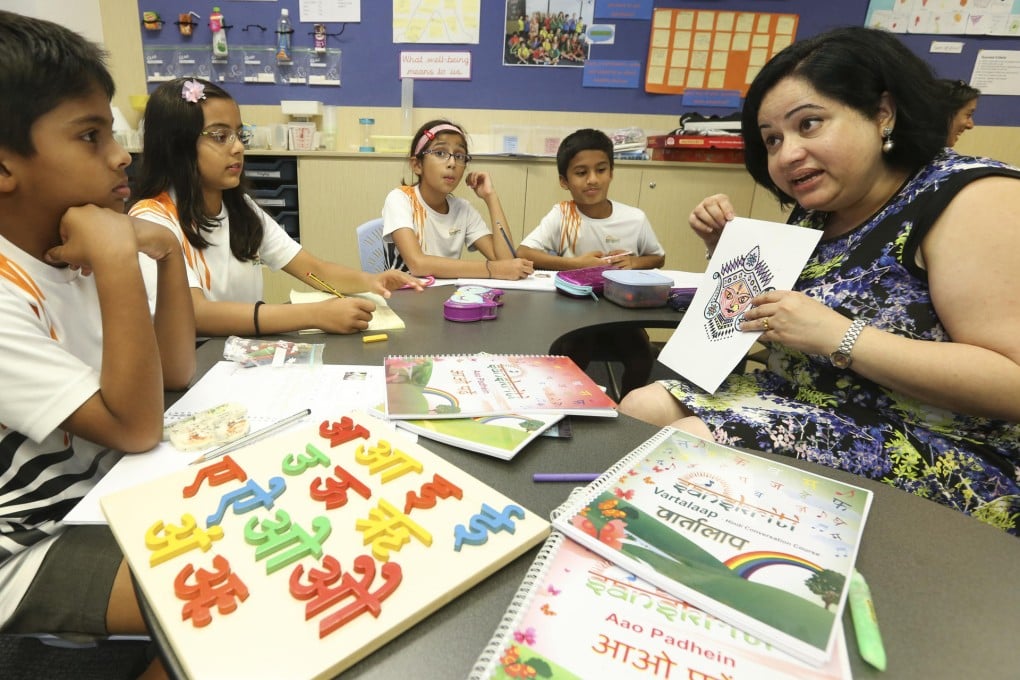Expats who try to instil some of their country's culture in their children
It can be hard for smaller expatriate communities to pass their culture on to the next generation, but some find ways to address this challenge

When Geetanjali Dhar moved to Hong Kong in 1999, she struggled to find good, structured Hindi-language programmes for her young son. The scattered classes available either lacked a strong cultural component or focused only on what was in vogue, such as Bollywood song and dance.
Seeing her son's expatriate friends natter away in their native languages, Dhar decided to address the gap in Hindi programmes: she set up Sanskriti, a school offering language lessons and cultural immersion for the children she describes as "global Indian".
"Children need to retain their own culture while adapting to life abroad," says Dhar.
Sanskriti, which means "heritage" in Hindi, now has 95 students. Many are ethnic Indians whose families have lived in Hong Kong for generations; others have only recently relocated to the city.
"Children whose cultural roots are strengthened are more confident because they know where they belong," Dhar says, as her students settle enthusiastically into their first task of the afternoon: colouring a picture of the Hindu goddess Durga to learn about the Navratri festival, which leads up to Diwali.
The language component of Sanskriti's programme uses not only traditional books and worksheets but also folk songs and rhymes adapted for children who have little access to Hindi in daily life. Beyond having fun, these classes also prepare students for Hindi examinations run by the Indian government.